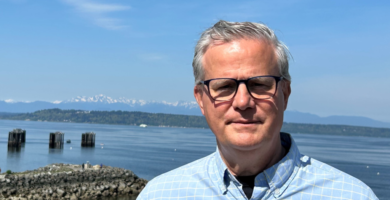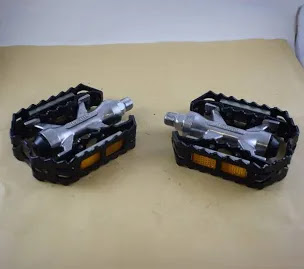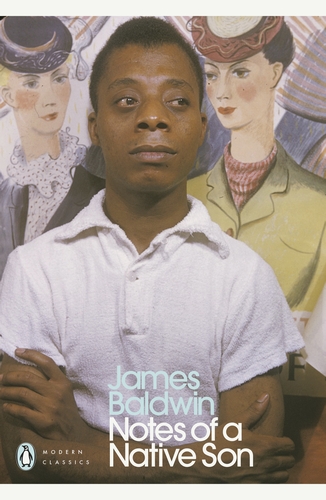And the big bicycle-related story isn’t about a race or someone who embarked on a world tour to recover from a brush with death or some other life-altering event.
Rather, it’s about a crash. It made headlines mainly because one of its victims is well-known, at least to people—and there are many, including yours truly—who follow the sport he played for a living.
The fact that I not only know about him but also know enough about hockey to appreciate what a great player he was doesn’t make me sadder than if it had happened to someone less famous. Rather, the way he—and his brother—lost their lives while cycling along a rural road in southern New Jersey leaves me even more enraged at the person responsible for it than I might be if the crash could have been blamed on, say, weather or something else out of his, and the cyclists’ control.
Johnny Gaudreau, a star left wing for the National Hockey League’s Columbus Blue Jackets, and his brother Matthew were pedaling along County Road 551, a two-lane road, in Oldmans Township at around 8:30 last night. An SUV moved toward the center of the road to pass them.
The driver of a Jeep Grand Cherokee wanted to pass the SUV. He pulled to its right—where the Gaudreau brothers were cycling.
They were pronounced dead at scene. Police took the Jeep’s driver—Sean M. Higgins—into custody. He failed a sobriety test and admitted he’d had “5 to 6” beers before getting behind the wheel of his Jeep. Higgins told police that his alcohol consumption contributed to his impatience and reckless driving.
He is detained in Salem County Correctional Facility and will have a pre-trial detention hearing on 5 September. He has been charged with two counts of death by auto.
I hope that his punishment is based on his disregard for two human lives and not respecting the rights of two cyclist and not merely on the celebrity of one of his victims. Even more importantly, I hope that a sentence commensurate with his crime sets a precedent for other drivers who kill cyclists. Better yet, I would like to neither nor hear about any more such incidents.



























